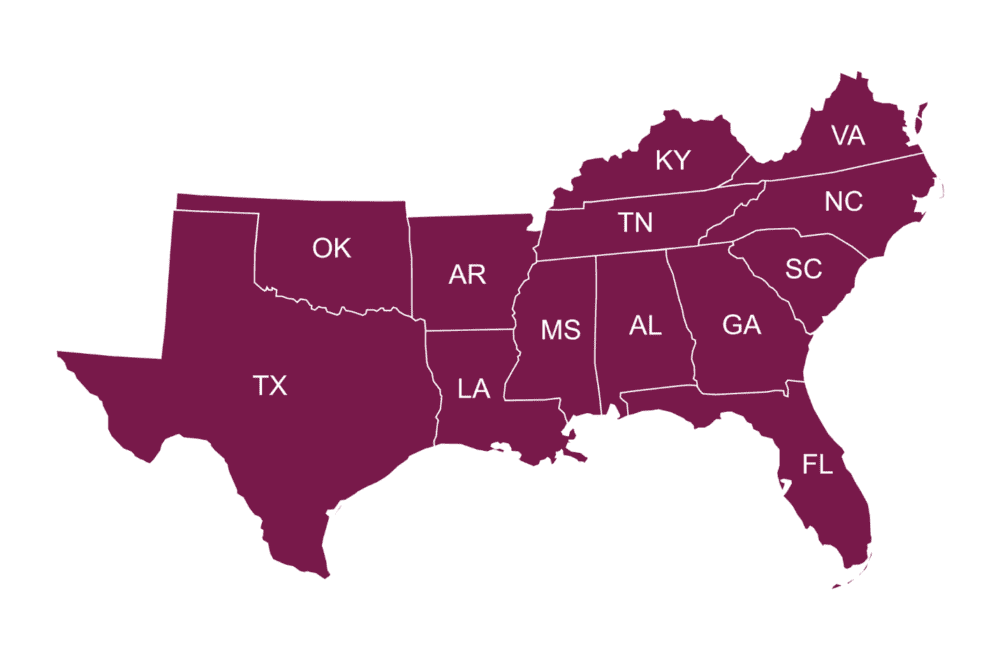Jump to Your State: Alabama | Arkansas | Florida | Georgia | Kentucky | Louisiana | Mississippi | North Carolina | Oklahoma | South Carolina | Tennessee | Texas | … Read more
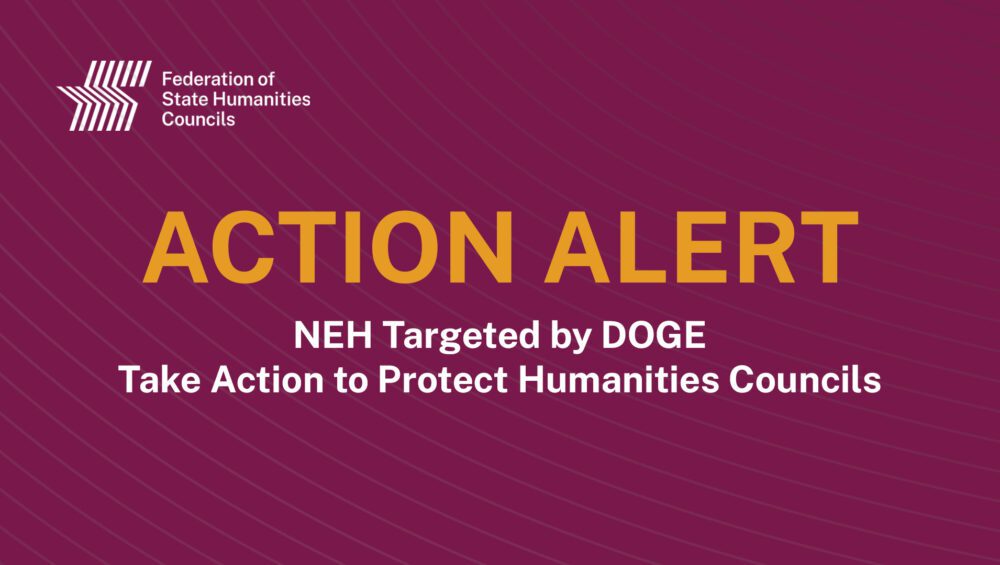
Action Alert: NEH Targeted by DOGE
Save Our Humanities Councils: DOGE Cuts to NEH will Damage Cultural Organizations in Every State April 4, 2025 – UPDATE On April 4, the Federation learned—through our contacts and reporting … Read more
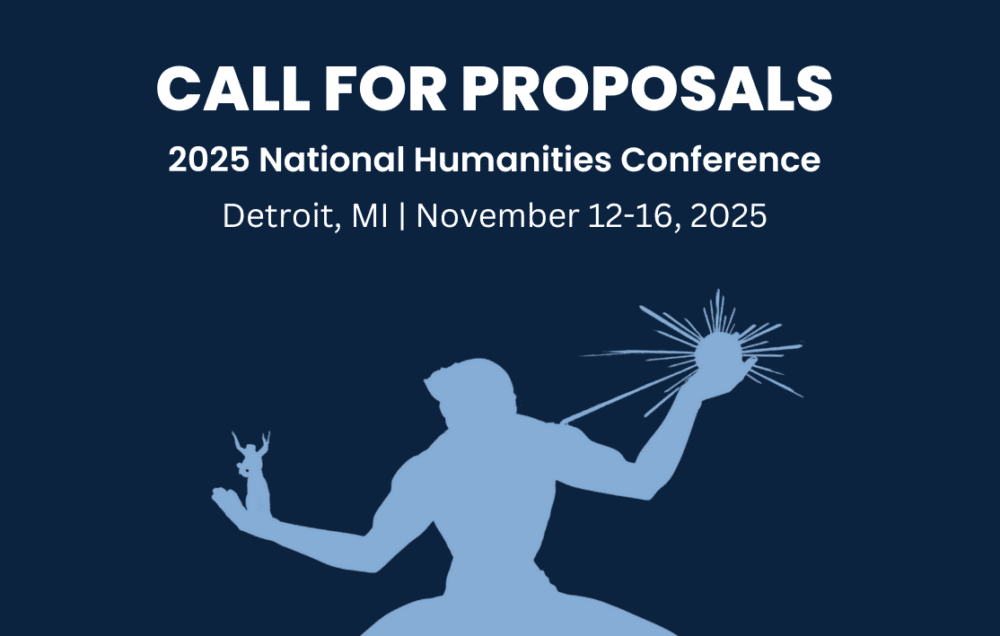
2025 National Humanities Conference Call for Proposals
The Federation of State Humanities Councils and the National Humanities Alliance invite proposals for the National Humanities Conference in Detroit, Michigan, November 12-16, 2025. We are delighted to be hosted … Read more
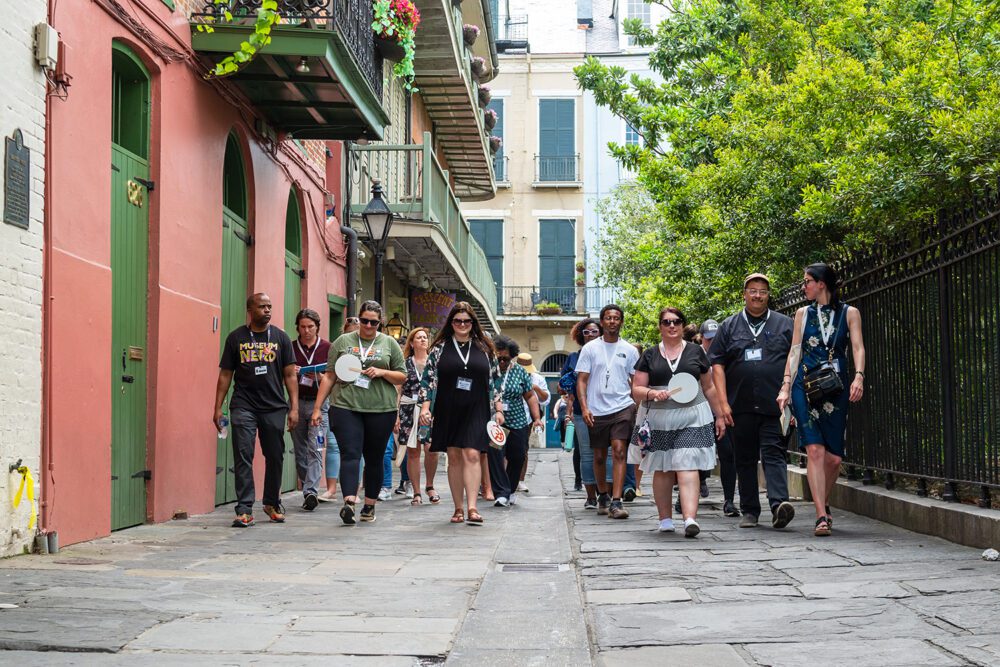
Empowering Teachers: Humanities Council Supports New Louisiana Social Studies Standards
The Louisiana Endowment for the Humanities (LEH) saw the challenges educators were facing and partnered with the Louisiana Department of Education to support teachers through workshops and and free digital social studies content.
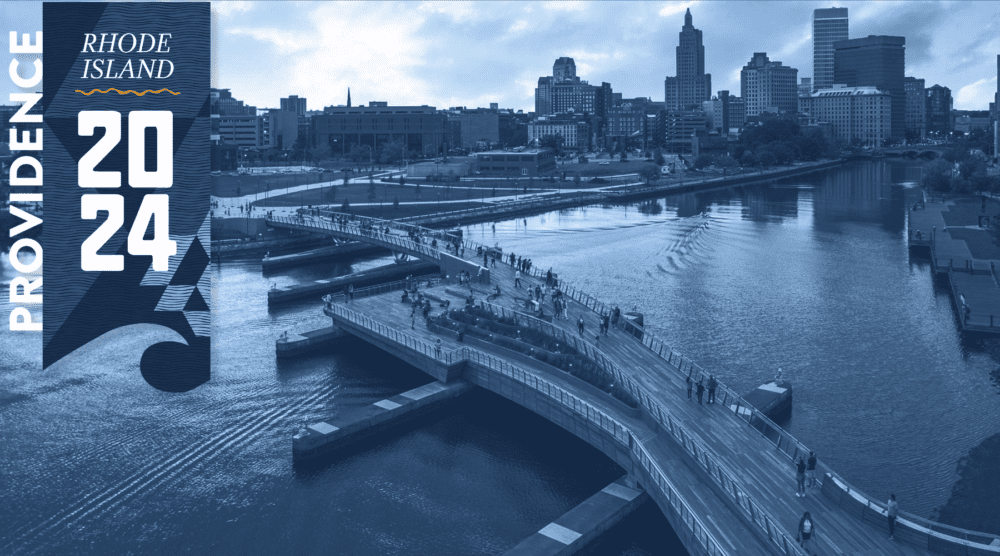
Recap: 2024 National Humanities Conference
On behalf of the Federation of State Humanities Councils and the National Humanities Alliance, thank you to everyone who attended the conference! It’s always wonderful to see public humanities professionals coming … Read more
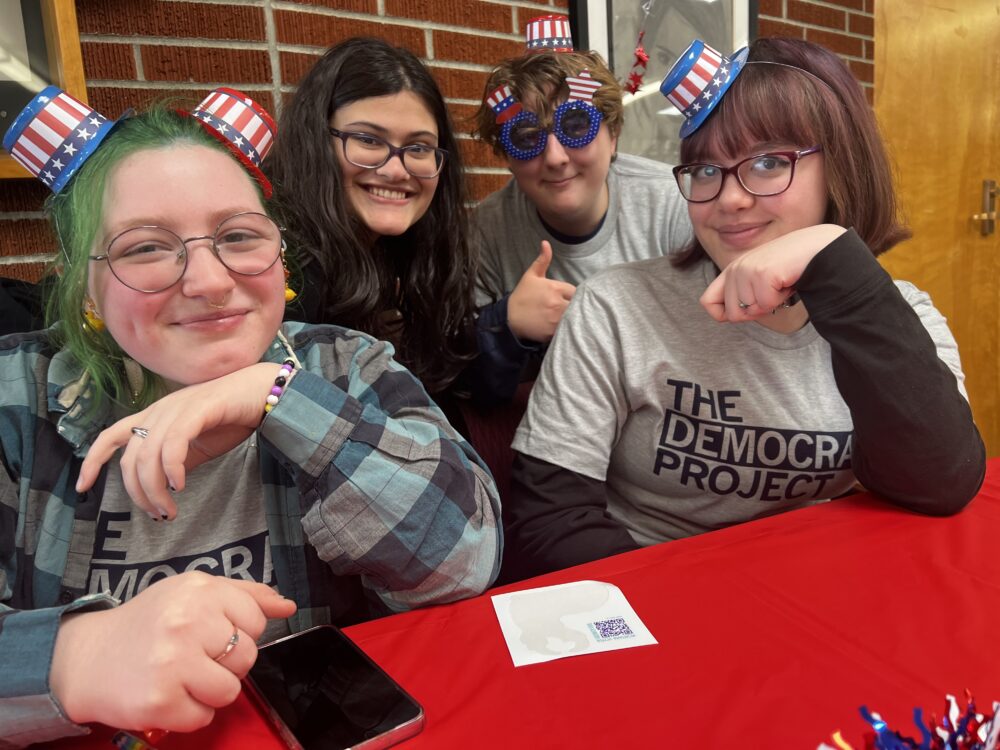
In Towns Across Montana, Teens Apply Civics Lessons to Make a Difference
The Democracy Project is a teen-led, non-partisan initiative supported by local libraries and community partners, and its goal is to give teens the resources to meet community needs while learning about the role they can have in an evolving democracy.
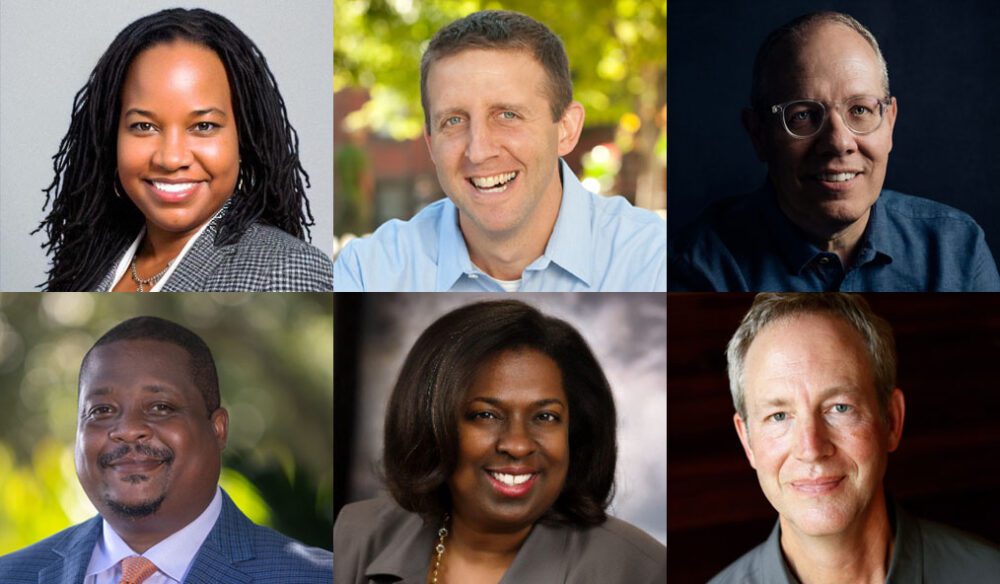
Six Humanities Leaders Join the Federation Board
Six new humanities leaders were elected to the Board of the Federation of State Humanities Councils (the Federation) at the Federation’s Annual Business Meeting on November 16, 2024. The Federation’s … Read more
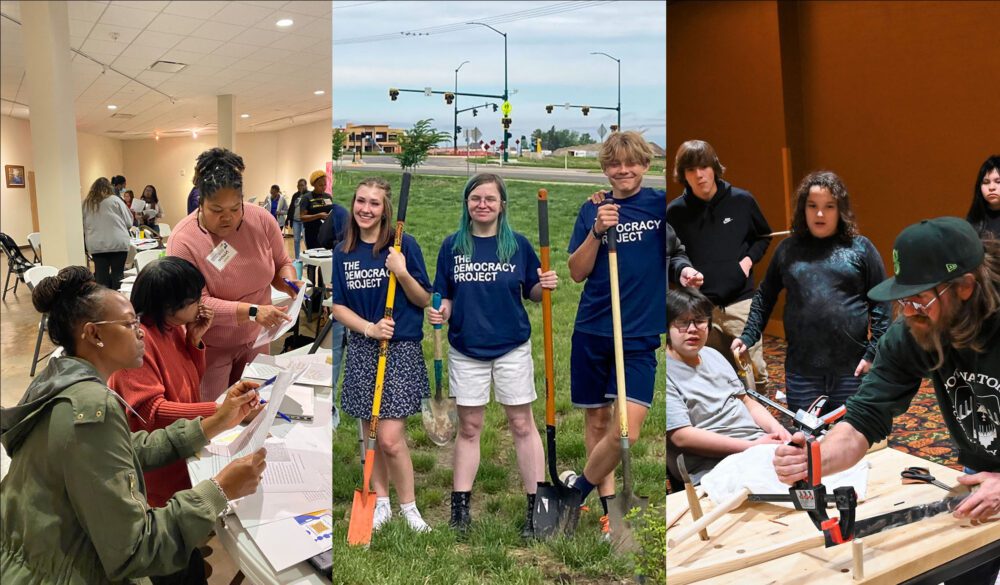
Louisiana, Montana, and Wisconsin Humanities Councils Win Schwartz Prizes for Outstanding Humanities Programming
Friday November 15, 2024 [Providence, RI] At the National Humanities Conference on Friday, November 15, the Federation of State Humanities Councils (Federation) presented the 2024 Schwartz Prize for outstanding work … Read more

2024 National Humanities Conference Equitable Access Grant Recipients
photo credit to Van Leesten Memorial Bridge, Providence, RI – INFORM Studio + Buro Happold (Photo by Steve Kroodsma) The Federation of State Humanities Councils and the National Humanities Alliance are pleased … Read more
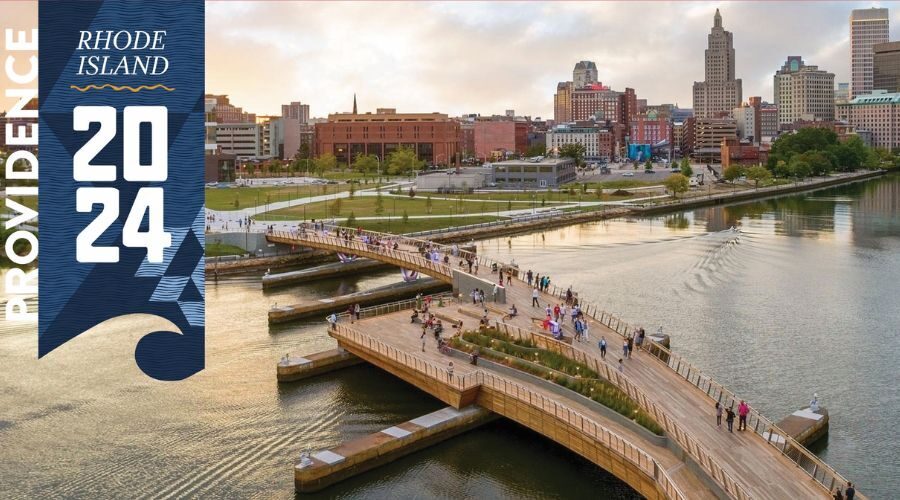
National Humanities Conference 2024: Registration is Open!
photo credit to Van Leesten Memorial Bridge, Providence, RI – INFORM Studio + Buro Happold (Photo by Steve Kroodsma) The Federation of State Humanities Councils, the National Humanities Alliance, and host council Rhode … Read more
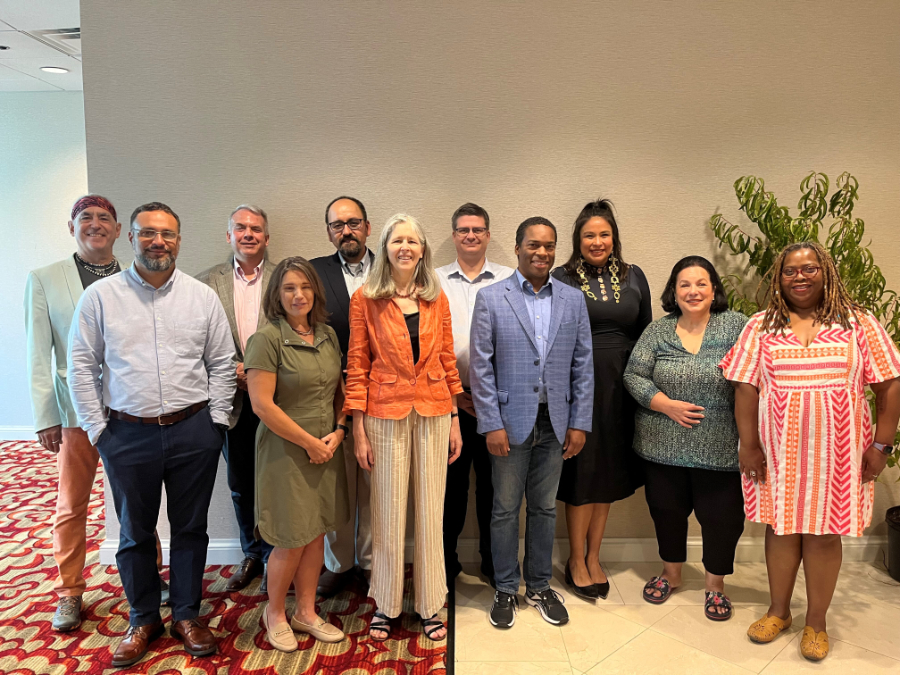
Meet the 2024 Federation Board of Directors
The 2024 Federation Board of Directors elected a new chair and four new members on October 28, at the 2023 Annual Business Meeting that was held in conjunction with the … Read more

The Federation’s Strategic Plan
The current strategic plan was extended to 2022. In 2022, the Federation begins its strategic planning process and develop a strategic plan update that will be presented to the Federation House of Delegates at the 2022 Annual Business Meeting.
